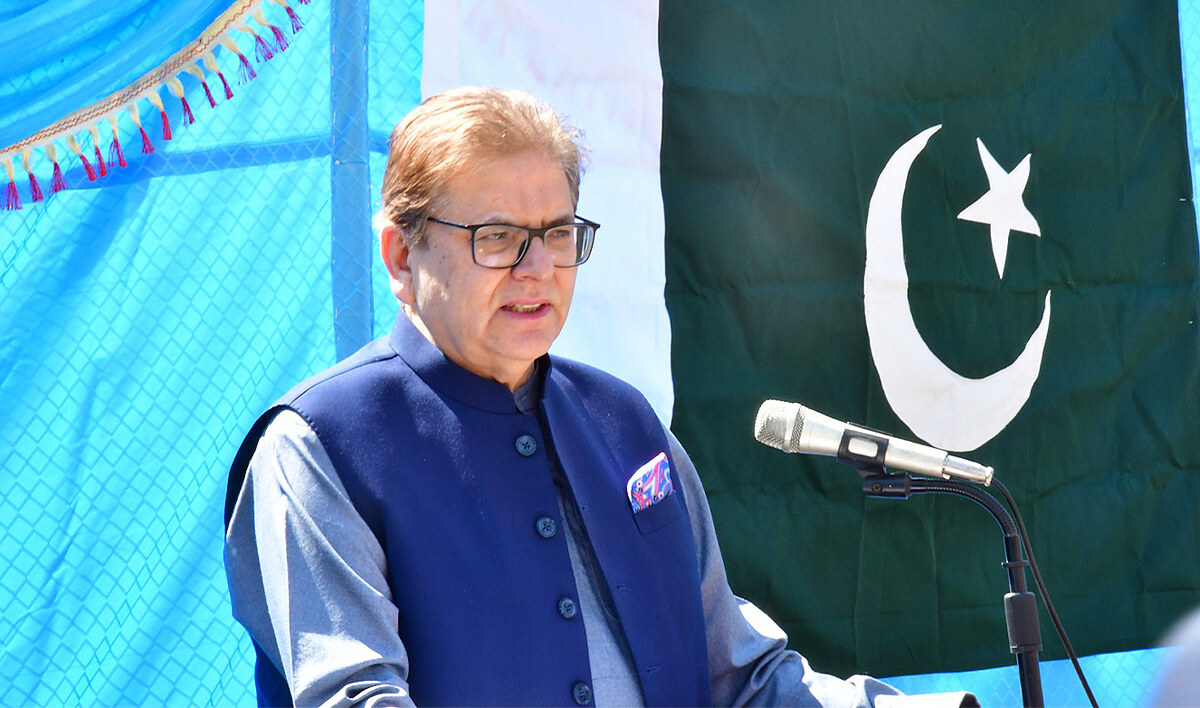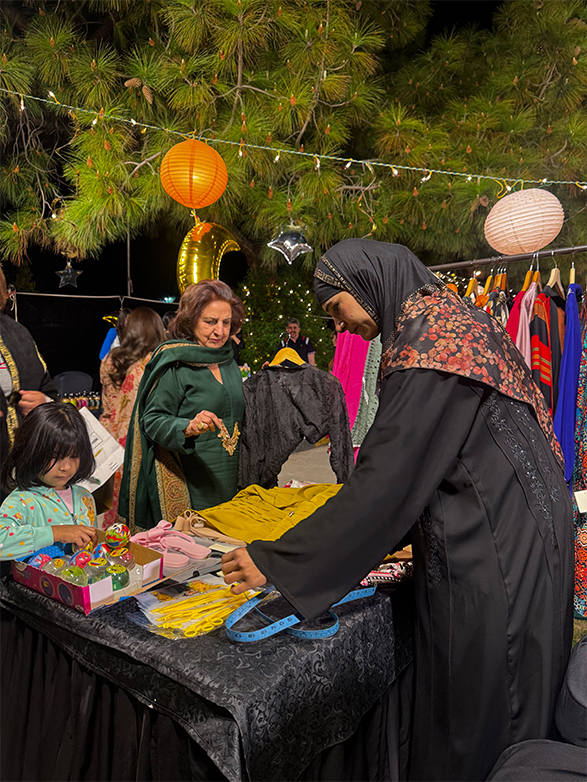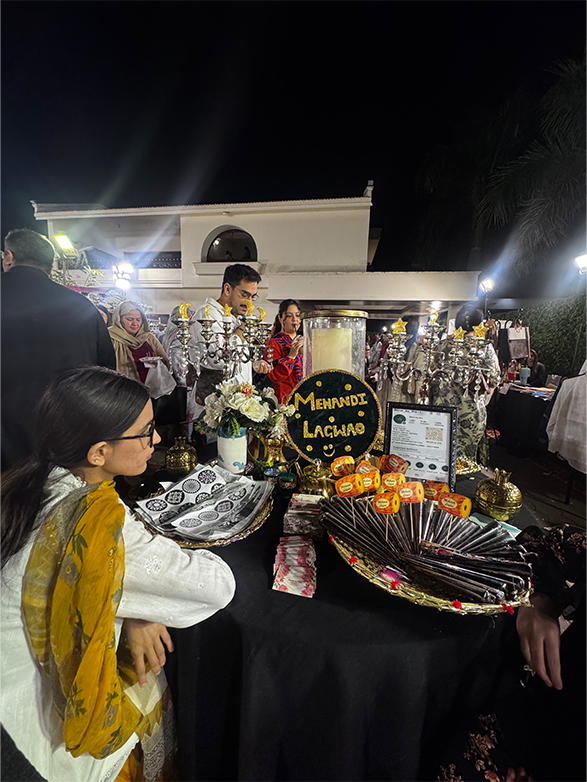Mian Channu: Dozens of villagers gathered in front of the modest home of Pakistan athlete Arshad Nadeem to watch the hulking javelin thrower take part in the Olympic Games final late Thursday.
The event was broadcast live by a digital projector onto a screen hanging on the back of a truck in his farming village near the small city of Mian Channu in Punjab province.
As the javelin soared through the sky in Paris to a new Olympic record and a gold medal for Nadeem, thousands of kilometers (miles) away the cheers of the villagers rang into the night.
“He did a great throw and created history. We are proud of him,” said Nadeem’s 35-year-old brother, Muhammad Azeem.
Men danced to the celebratory beat of a drum and others clapped and chanted slogans as it became clear he had won.
The women, meanwhile, sat crowded around a small TV inside Nadeem’s home.
“He had promised me that he would play well, go abroad, win a medal and make Pakistan proud,” his mother Raziah Parveen said straightforwardly.
Despite practicing with rickety equipment and with little access to the gyms and training grounds his international competitors have, Nadeem had given Pakistan its first Olympic gold medal in 32 years.
“He belongs to Mian Channu. He belongs to a small village and raised the Pakistani national flag at the international level,” said Rasheed Ahmed, Nadeem’s former coach who first spotted his talent.
The son of a retired construction worker, 27-year-old Nadeem is the third of eight siblings and — like most Pakistanis — was first drawn to cricket.
“I made Arshad switch from playing cricket to javelin at a time when no one knew what the javelin was,” said Shahid Nadeem, Arshad’s older brother.
“He took that stick to the Olympics, set a new record and won gold,” he told AFP as the family celebrated.
Retired local sports official Parvaiz Ahmed Dogar told AFP of the difficulties they faced to get professional training for Nadeem.
“The athletes used to use wooden sticks with a rope tied around it as a javelin. Those wouldn’t even land on the tip,” Dogar recalled.
Pakistan doesn’t have a proper ground dedicated to track and field, so athletes have to train on cricket field.
In March Nadeem revealed that he owned just one javelin, which he had been using for the last seven years and it was damaged.
Speaking to media after his win, Nadeem said the struggle was all worthwhile.
“When I threw the javelin, I got the feel of it leaving my hand and sensed it could be an Olympic record,” he said.
Back in Mian Channu, the locals cheered in agreement.



















